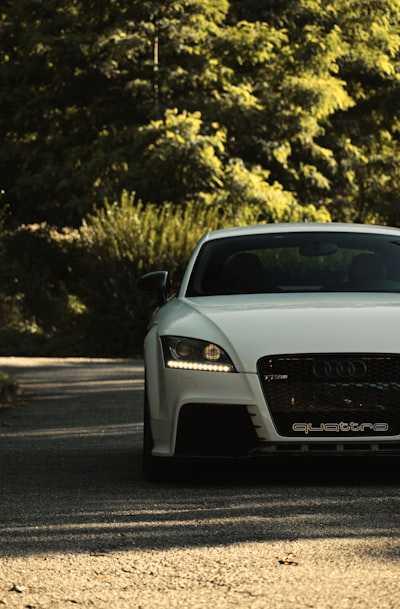Explore Or Exploit? How To Choose New Opportunities
Curated from: fs.blog
Ideas, facts & insights covering these topics:
4 ideas
·1.64K reads
1
Explore the World's Best Ideas
Join today and uncover 100+ curated journeys from 50+ topics. Unlock access to our mobile app with extensive features.
To explore or to exploit
One challenge in life is knowing when to explore new opportunities, and when to focus harder on existing ones. Do we keep learning new ideas, or do we enjoy what we've come to find and love?
In trying to assess if we should explore further or exploit our current opportunities, it's essential to consider how much time we have, how we can best avoid regrets, and what we can learn from failures.
98
569 reads
Exploring vs exploring: Consider how much time you have
When we consider seizing a day or seizing a lifetime, it is important to understand the interval over which we plan to enjoy them.
Explore when you have the time to use the resulting knowledge, exploit when you're ready to cash in.
83
377 reads
Minimizing the pain of regret
Regret is the result of comparing what we did with what would have been the best.
We can minimize regret, especially in exploration, by trying to learn from others. In new territory, we can best prevent regret with optimism because we'll explore enough so that we won't regret any missed opportunity.
94
324 reads
The accumulation of knowledge
Not all of our explorations will lead to something better or be satisfying, but with enough exploration behind us, many of them will.
Failures provide us with useful information that will enable us to make better explore or exploit decisions.
80
379 reads
IDEAS CURATED BY
Never stop learning. Never stop educating yourself. When you stop learning, you stop growing & maturing!
Caleb E.'s ideas are part of this journey:
Learn more about personaldevelopment with this collection
How to use storytelling to influence and persuade
How to create a compelling narrative
How to structure your story for maximum impact
Related collections
Similar ideas
3 ideas
3 ideas
Practice Failure
fs.blog
Read & Learn
20x Faster
without
deepstash
with
deepstash
with
deepstash
Personalized microlearning
—
100+ Learning Journeys
—
Access to 200,000+ ideas
—
Access to the mobile app
—
Unlimited idea saving
—
—
Unlimited history
—
—
Unlimited listening to ideas
—
—
Downloading & offline access
—
—
Supercharge your mind with one idea per day
Enter your email and spend 1 minute every day to learn something new.
I agree to receive email updates

